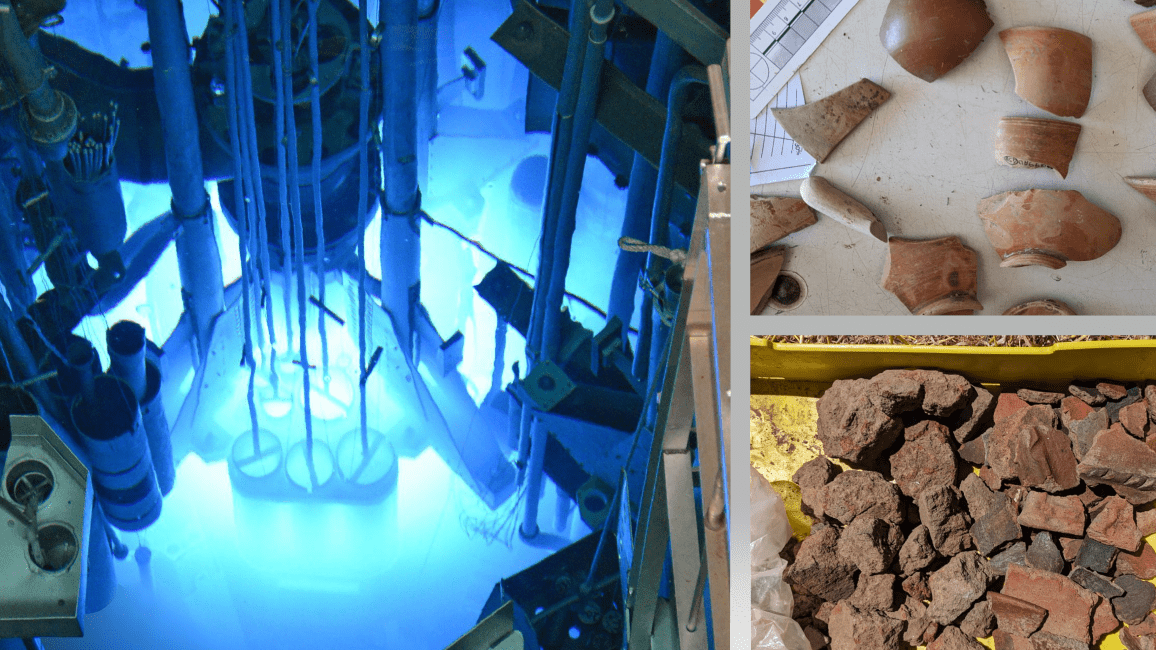
From Science to Narrative: Pottery Production and Social Dynamics in Archaic Rome
Mattia D'Acri, Art & Archaeology
Fri, 3/28 · 12:00 pm—1:20 pm · 209 Scheide Caldwell
Program in the Ancient World

What do simple clay vessels reveal about the rise of one of history’s greatest cities? This talk explores the social and economic changes that transformed Rome and Latium between the 8th and 6th centuries BCE, focusing on the people behind the pottery. From everyday cooking pots to refined tableware, these ceramics hold clues about the lives of ancient communities—how they worked, traded, and organized their world. Using advanced scientific methods like Neutron Activation Analysis (NAA) alongside traditional archaeological techniques, I analyze hundreds of pottery fragments from Rome (including Sant’Omobono and the Forum of Caesar), Gabii, and other key sites. These sherds illuminate surprising patterns of resource use, technological innovation, and growing craft specialization, painting a vivid picture of how early Roman society evolved. This research invites us to rethink the history of early Rome, not through the lens of its elites, but through the creativity and labor of its artisans. By bringing together science and storytelling, I uncover how these potters shaped not only their wares but also the foundation of a complex and interconnected society.
About our speaker:
Mattia D’Acri received his doctorate in Classical Archaeology at the University of Missouri, Columbia, with a dissertation titled “Pottery production and social complexity in Archaic Rome and Latium.” Previously, he earned advanced degrees in archaeology from the University of Basilicata and the University of Calabria, Italy. His research primarily focuses on the archaeology of pre-Roman Italy, with a particular interest in pottery analysis and production. He has been involved in several archaeological projects, including the Torre Mordillo Archaeological Project (TMAP), where he serves as Co-director, and the Caesar’s Forum Project, the Gabii Project, the Quirinal Project, and the Venus Pompeiana Project. Mattia has received numerous awards and fellowships, such as the Donald K. Anderson Award for Outstanding Research Assistant and the Etruscan Foundation Research Fellowship. He has authored and co-authored several publications, including peer-reviewed journal articles and chapters in edited volumes, with recent works focusing on pottery production in Archaic Rome and Latium, and the analysis of archaeological ceramics from various Italian sites. He has also presented his research at numerous national and international conferences.















